
The Hidden Danger: How Air Pollution Weakens Your Mental Sharpness
In our daily lives, we often overlook the invisible dangers that surround us. Recent research has unveiled a concerning link between short-term exposure to air pollution and diminished cognitive functions. A study published in Nature Communications tested 26 participants, exposing them to high levels of particulate matter (PM) from candle smoke for an hour. The findings were alarming: participants exhibited reduced selective attention and impaired emotion recognition, making them more susceptible to distractions and less adept at interpreting facial expressions. Interestingly, their working memory remained unaffected, suggesting that certain cognitive functions are more vulnerable to pollution than others.
These results have profound implications for our daily activities. Imagine navigating a busy supermarket; the diminished ability to focus could lead to impulsive purchases or forgetting essential items. In professional settings, decreased concentration might result in reduced productivity and increased errors. Moreover, impaired emotion recognition can strain interpersonal relationships, as misinterpreting emotions may lead to misunderstandings.
While this study focused on healthy adults, it’s crucial to consider that vulnerable populations, such as children, the elderly, or individuals with pre-existing health conditions, might experience even more pronounced effects. The World Health Organization estimates that outdoor air pollution causes about 4.2 million premature deaths annually, underscoring the severity of this global issue.
The broader implications of these findings are significant. Reduced cognitive functions can affect educational outcomes, workplace efficiency, and overall quality of life. As we continue to urbanize and industrialize, air pollution remains a persistent challenge. It’s imperative to advocate for stricter air quality regulations and support initiatives aimed at reducing emissions.

On an individual level, being aware of air quality reports and minimizing exposure during high pollution periods can be beneficial. Using air purifiers indoors, wearing masks, and supporting green spaces in urban areas are proactive steps we can take to protect our cognitive health.
In conclusion, while we cannot see air pollution, its effects on our brain function are tangible and concerning. By acknowledging this invisible threat and taking proactive measures, we can safeguard our cognitive abilities and overall well-being.
News in the same category


These Ideas Are Amazing: 10 Surprising Ways Dryer Sheets Can Make Your Life Easier

My Uncle Swears by This 6-Minute Trick to Stop Ice Buildup Inside Garage Door Seals — Here’s How It Works

My Uncle Swears by This 6-Minute Trick to Stop Ice Buildup Inside Garage Door Seals — Here’s How It Works
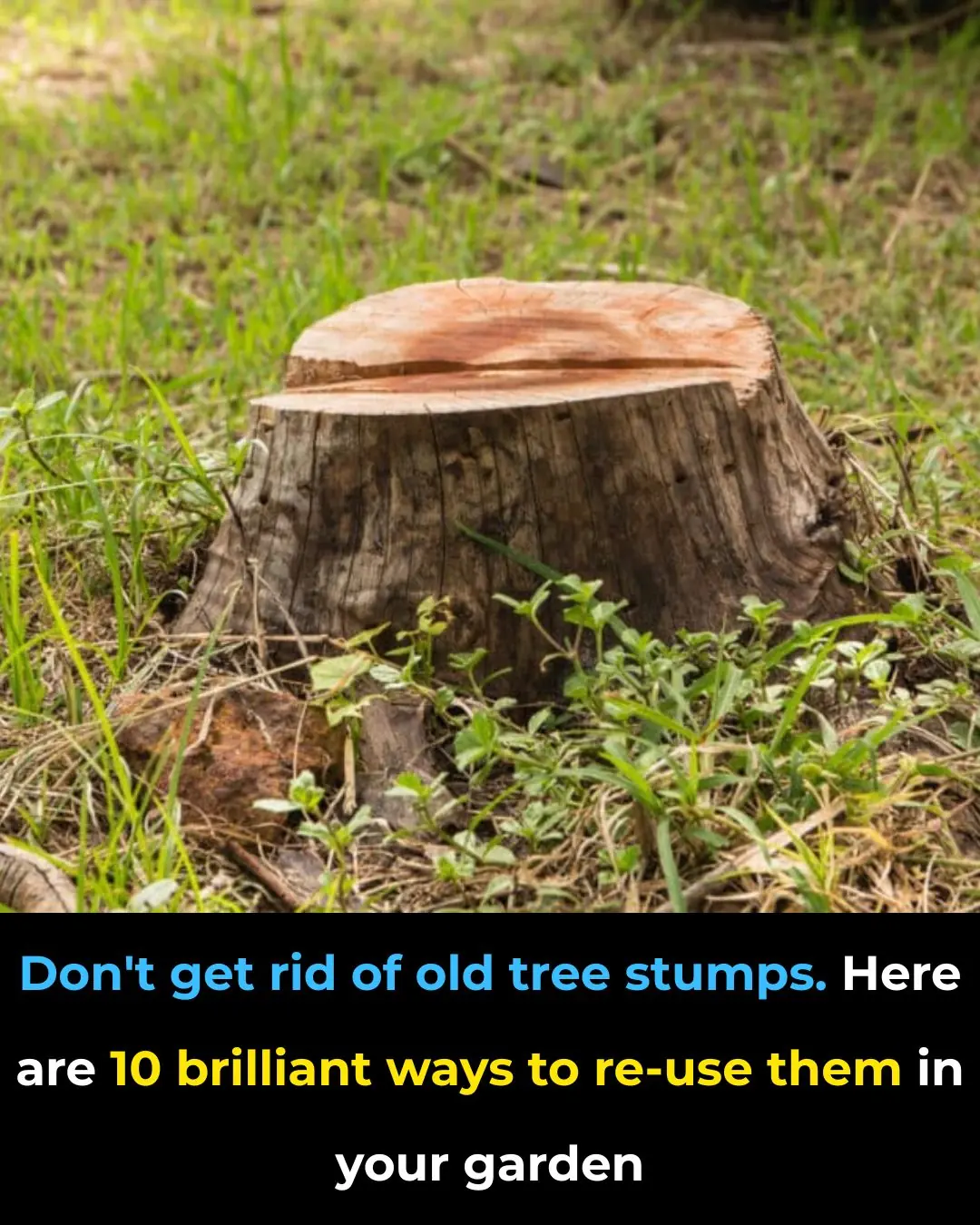
Don’t Get Rid of Old Tree Stumps — Here Are 10 Brilliant Ways to Re-Use Them in Your Garden

Scientists Warn: Don’t Strip Moss Off Surfaces—It Absorbs Four Times More CO₂ Than Trees

Study Says That Crows Can Hold A Grudge For Up To 17 Years

What It Means If Your Fingers Turn White When It’s Cold
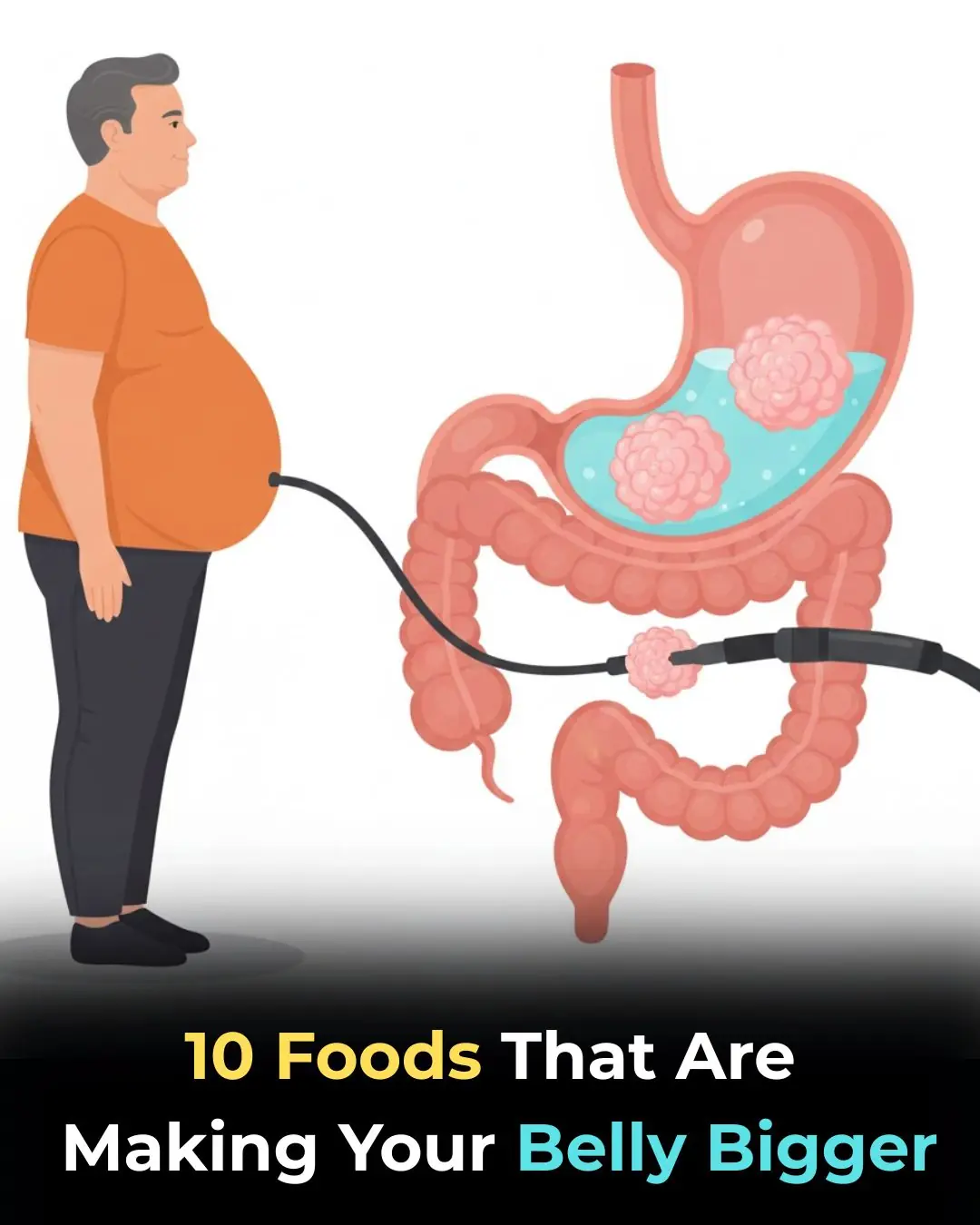
There are foods that go straight to the belly. Check comments 👇

Most Don’t Know: 12 Brilliant Ways to Use WD-40 Around the House (and What to Avoid)

There’s a Crusty Spot That Keeps Scabbing and Reopening — What Could It Be?

My Nana Taught Me This Hack to Whiten Yellow Pillows in 5 Minutes With Zero Work — Here’s How It Actually Works

You’re Probably Storing Winter Coats All Wrong — Here’s the Right Way to Do It

Scientists Trigger Cancer Cells to Destroy Themselves From the Inside Out
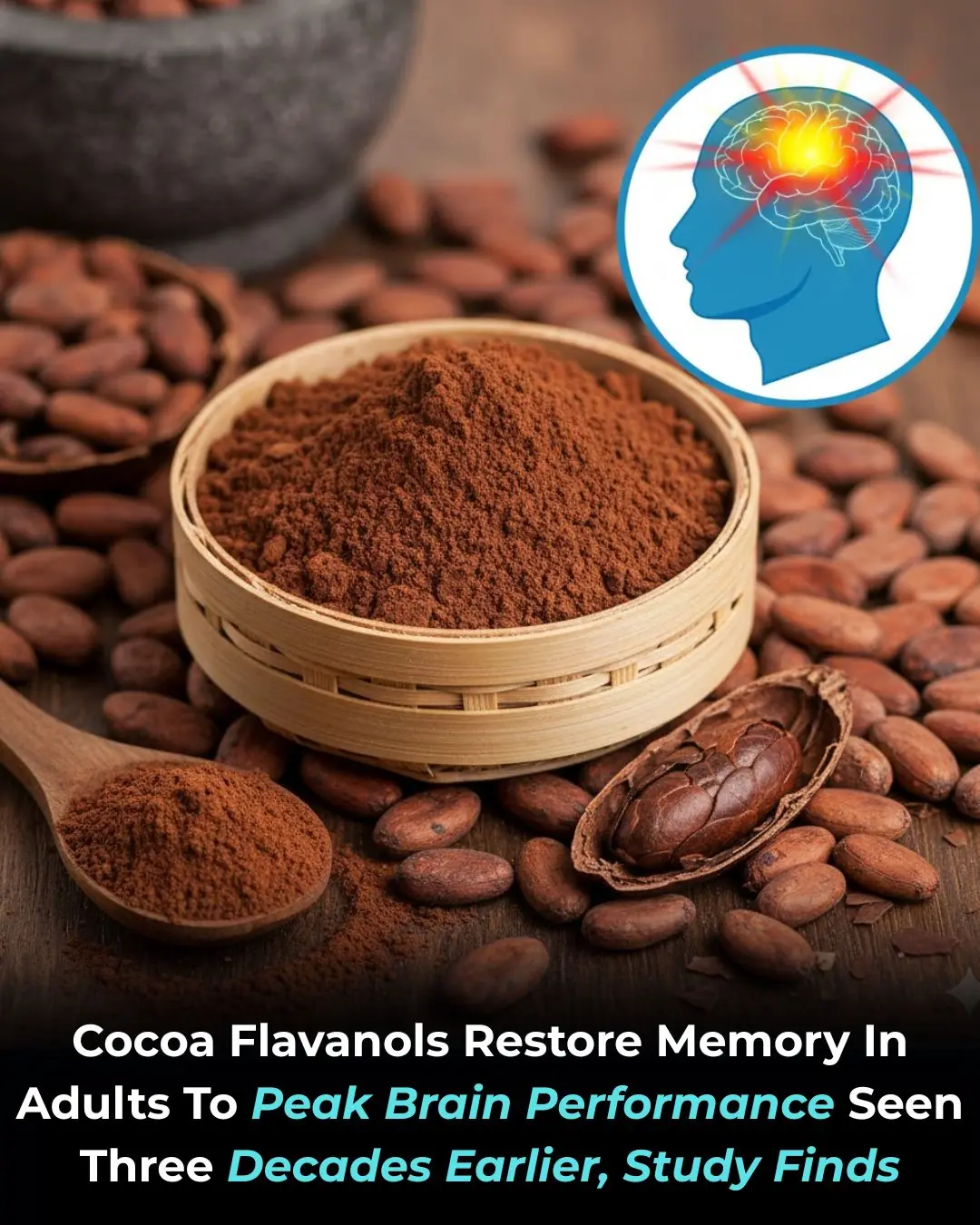
A Chocolate Compound May Help the Brain Reclaim Its Youth

Your Outdoor Faucet Froze and Water Is Leaking Indoors — What to Do Immediately Before a Plumber Arrives

Why Christmas Cactus Buds Suddenly Fall Off — And What Usually Causes It
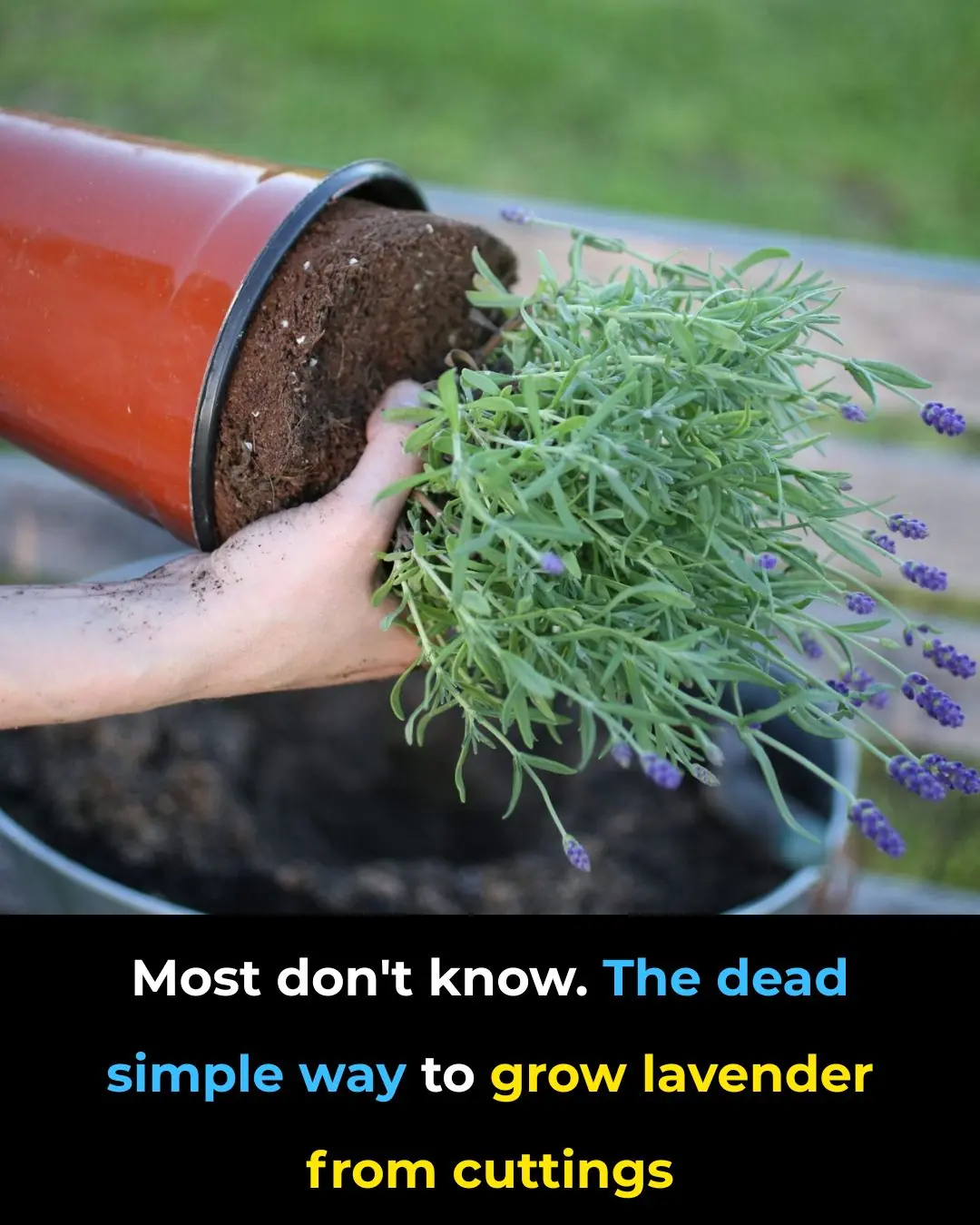
The Easy, Proven Way to Grow Lavender from Cuttings Most Gardeners Don’t Know
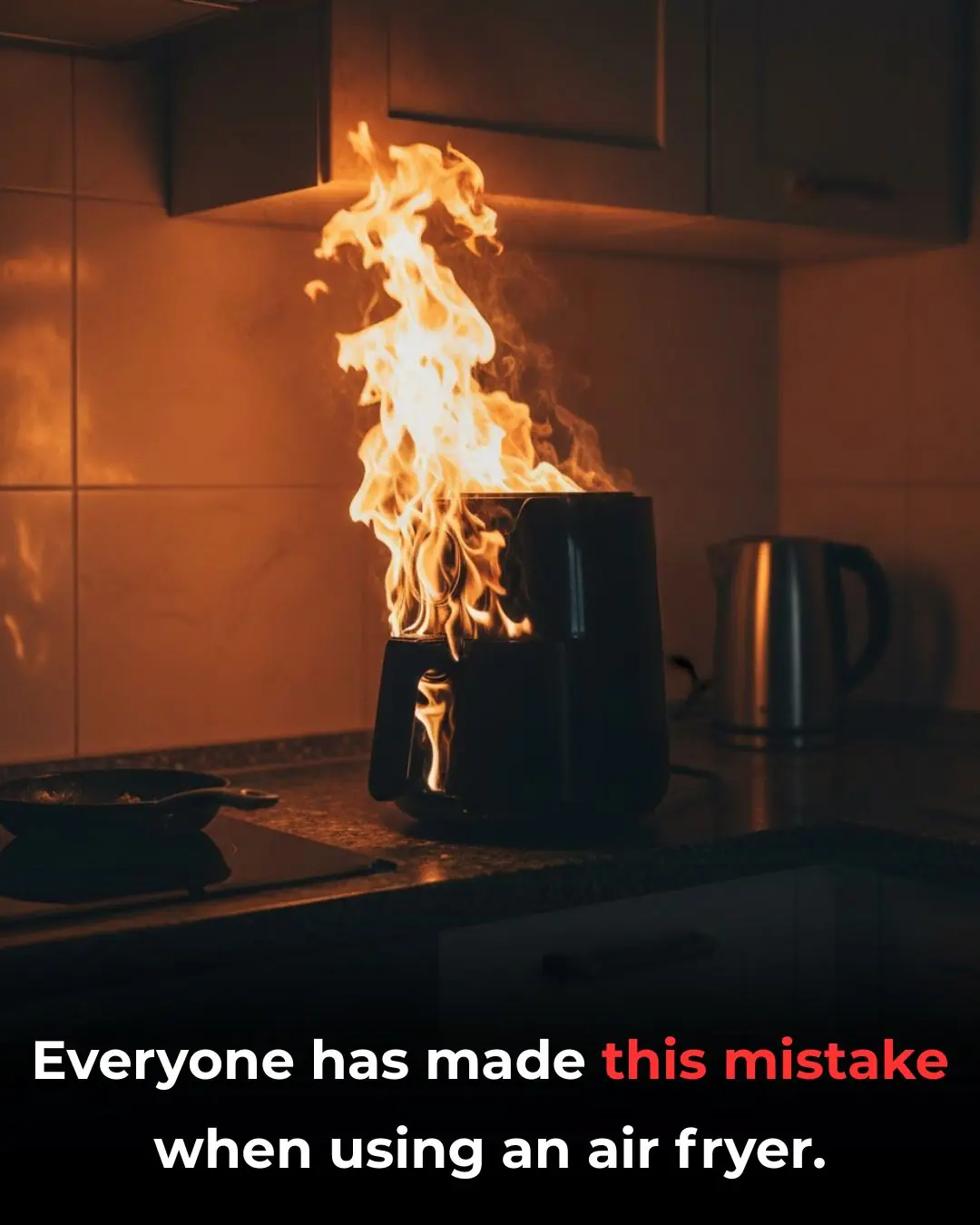
Everyone Has Made This Mistake When Using An Air Fryer

Your $2 Bill May Be Worth a Lot More Than You Think
News Post

Bear Takes Over Truckee Diner in Hilarious Culinary Heist
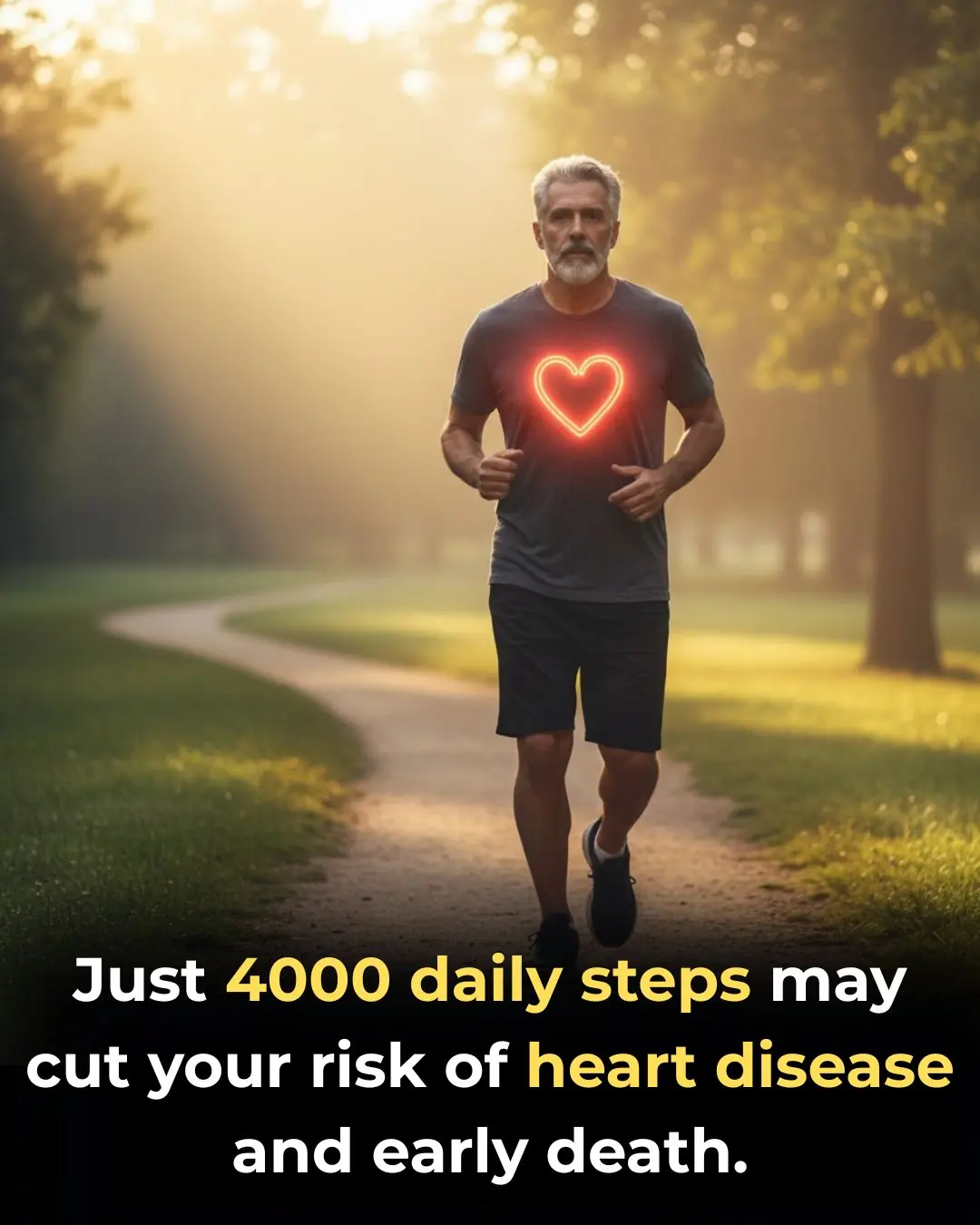
Many people believe they need to walk ten thousand steps daily to stay healthy

The Quieting Skies: A Stark Decline in North America's Bird Population
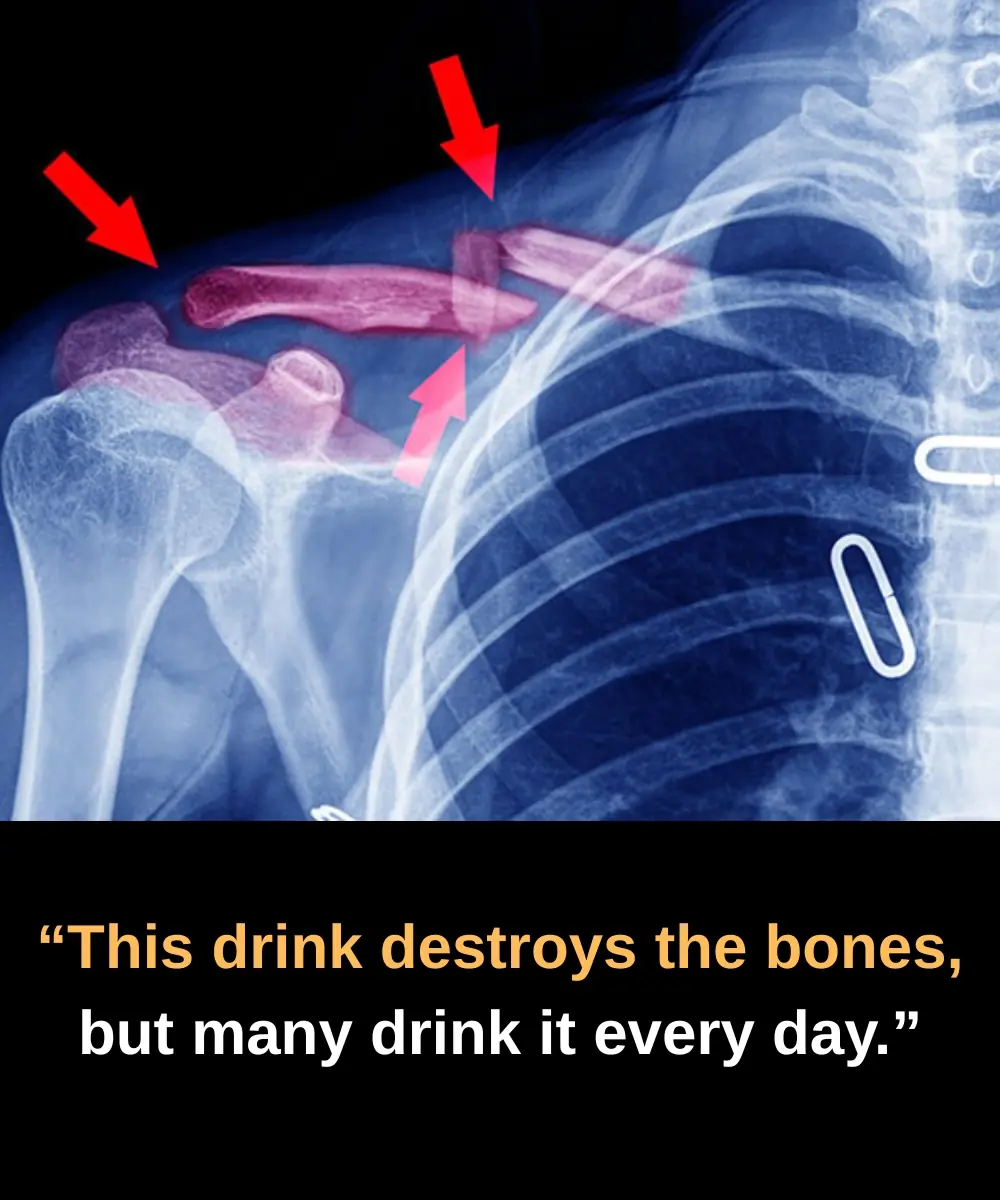
Does This Drink Really Harm Your Bones? The Truth Behind Soda and Your Health
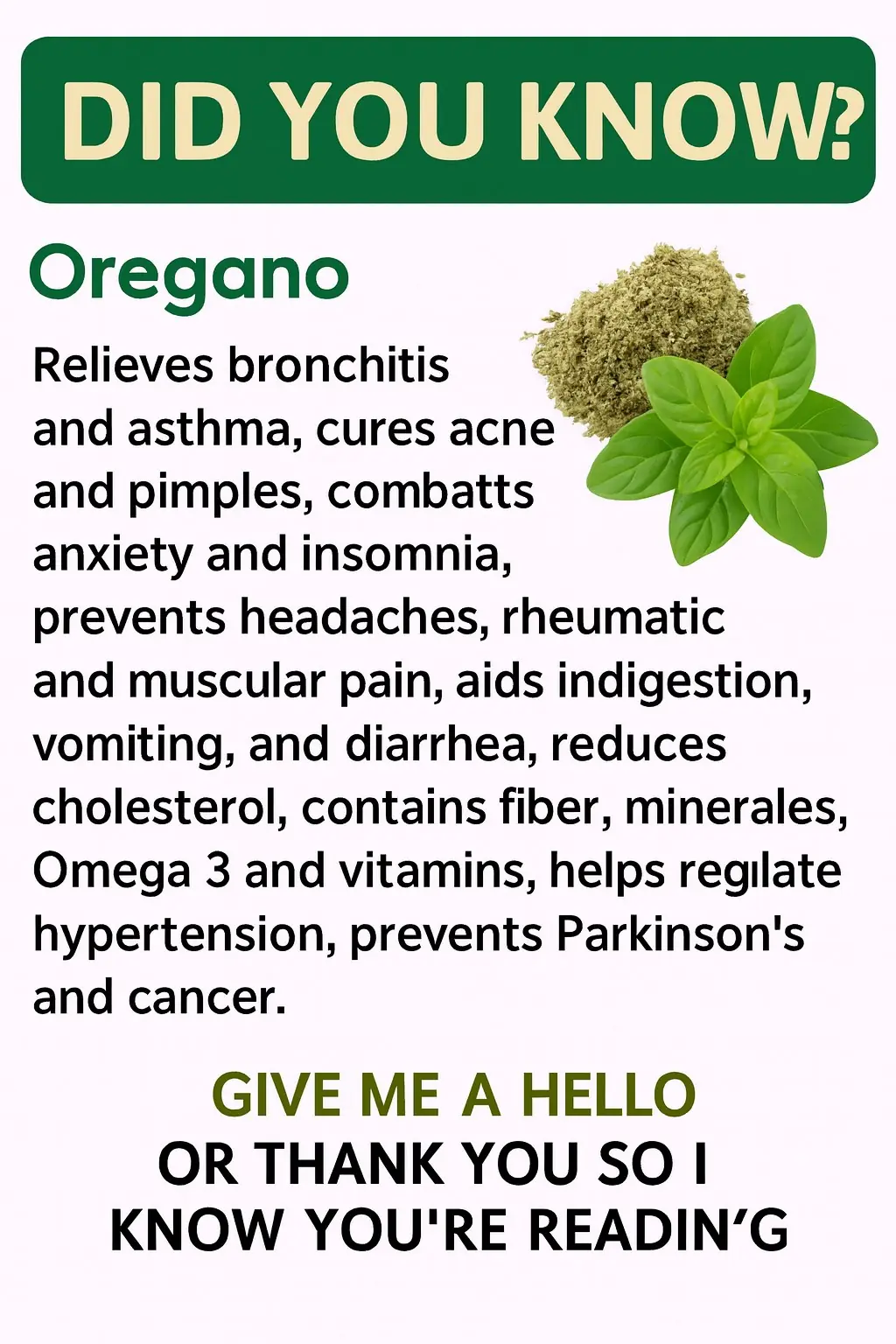
Oregano: The Small Plant with Big Health Benefits

Sea Otter Takes Over Santa Cruz Surf Scene: A Bold and Unpredictable Presence

Australia's Revolutionary Bionic Eye: A New Era in Restoring Vision

10 Best Collagen Gels For Wrinkle Free Glowing Skin

Why You Might Want to Stop Removing Tomato Suckers: What Gardeners Are Starting to Realize

Banana Blossom: Health Benefits, Recipes, and Traditional Uses

These Ideas Are Amazing: 10 Surprising Ways Dryer Sheets Can Make Your Life Easier
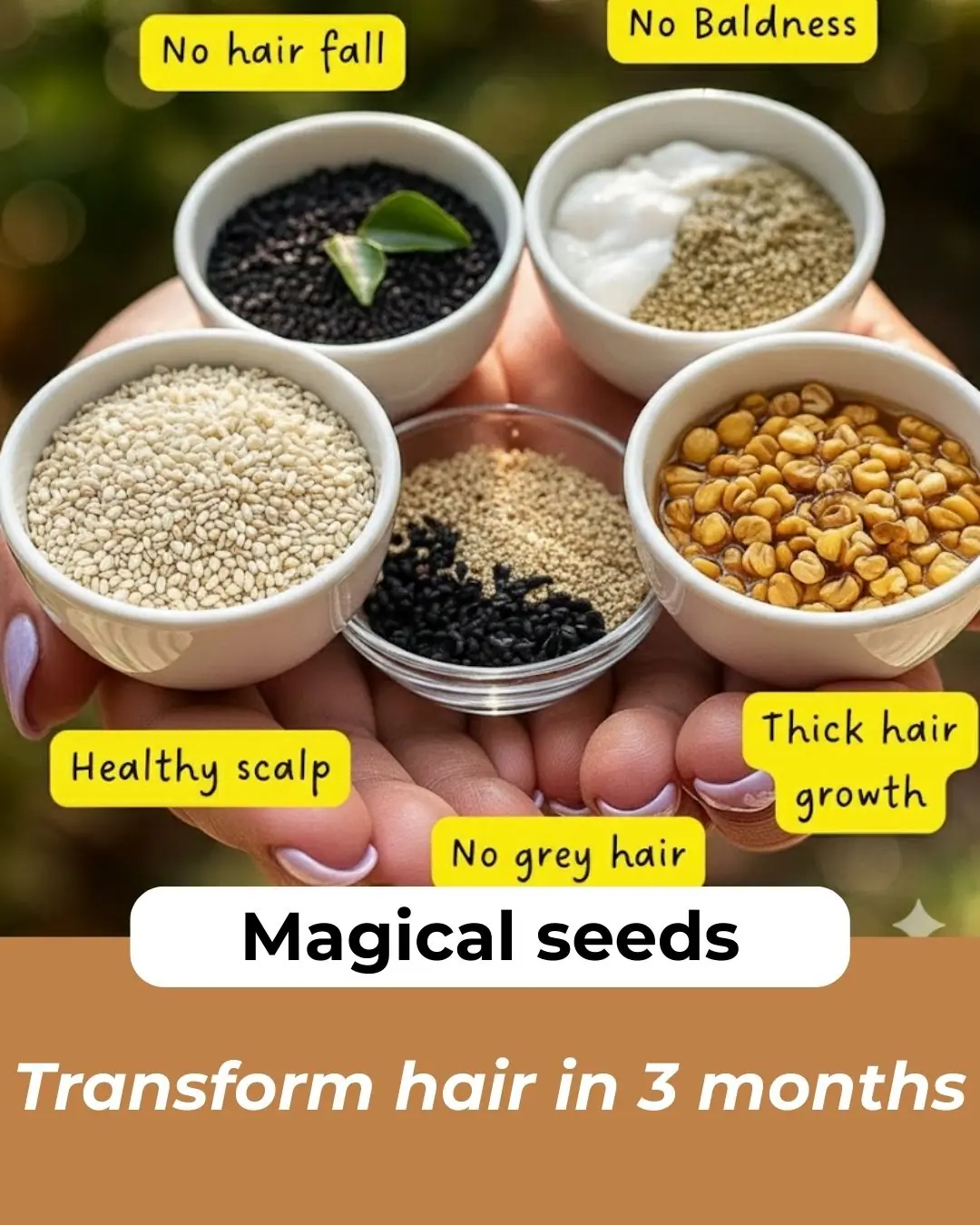
Best Seeds For Hair

My Uncle Swears by This 6-Minute Trick to Stop Ice Buildup Inside Garage Door Seals — Here’s How It Works

My Uncle Swears by This 6-Minute Trick to Stop Ice Buildup Inside Garage Door Seals — Here’s How It Works

Add This in Your Hair Oil

Don’t Get Rid of Old Tree Stumps — Here Are 10 Brilliant Ways to Re-Use Them in Your Garden

Turmeric Black Seed Oil For Grey Hair

Clove Lemon Rosewater Age Reversal Toner: For Young, Glowing Skin
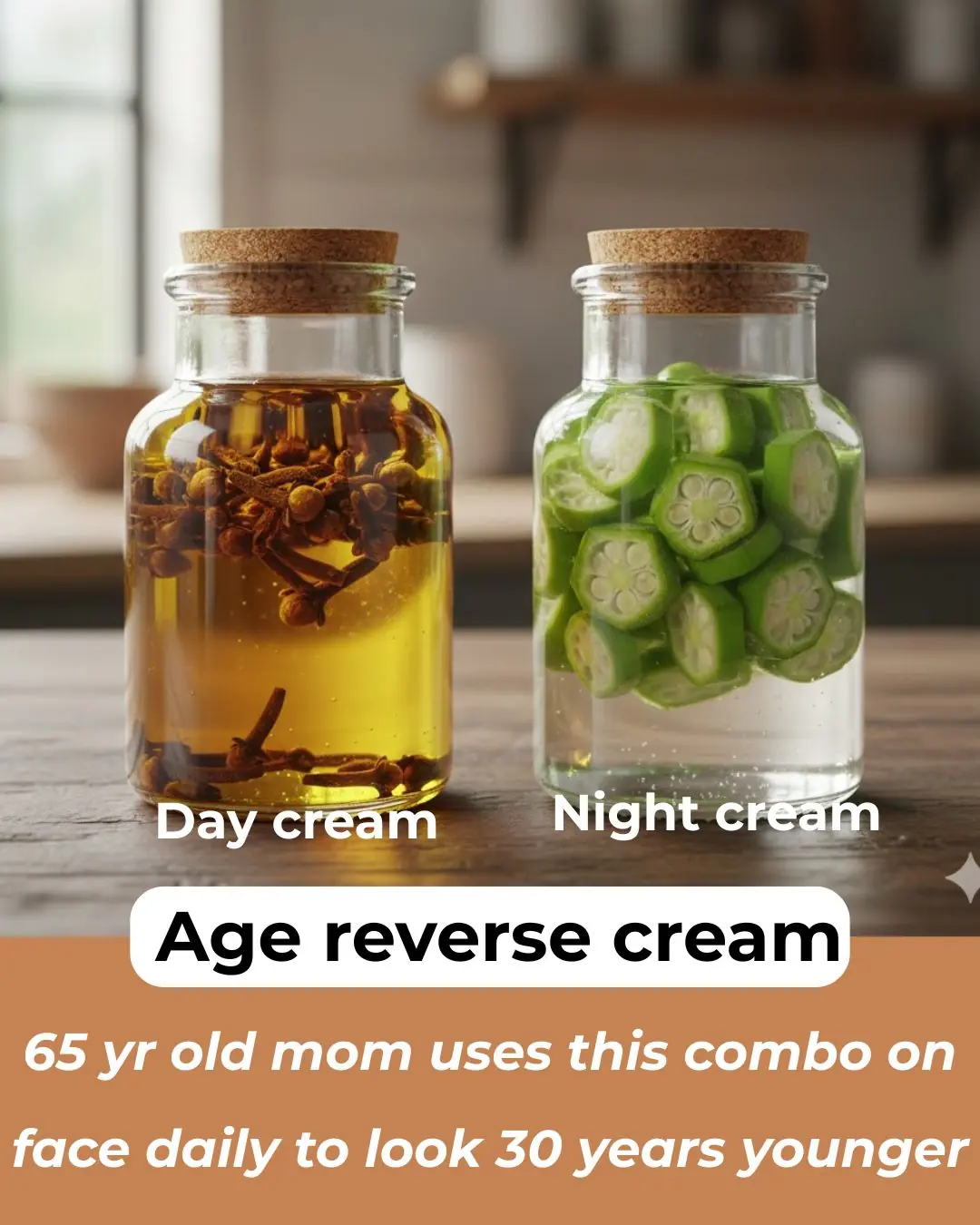
15 Best Skin Gels for Glowing Skin & Wrinkles
